What to pack to stay safe from coronavirus on holiday
The ultimate packing list
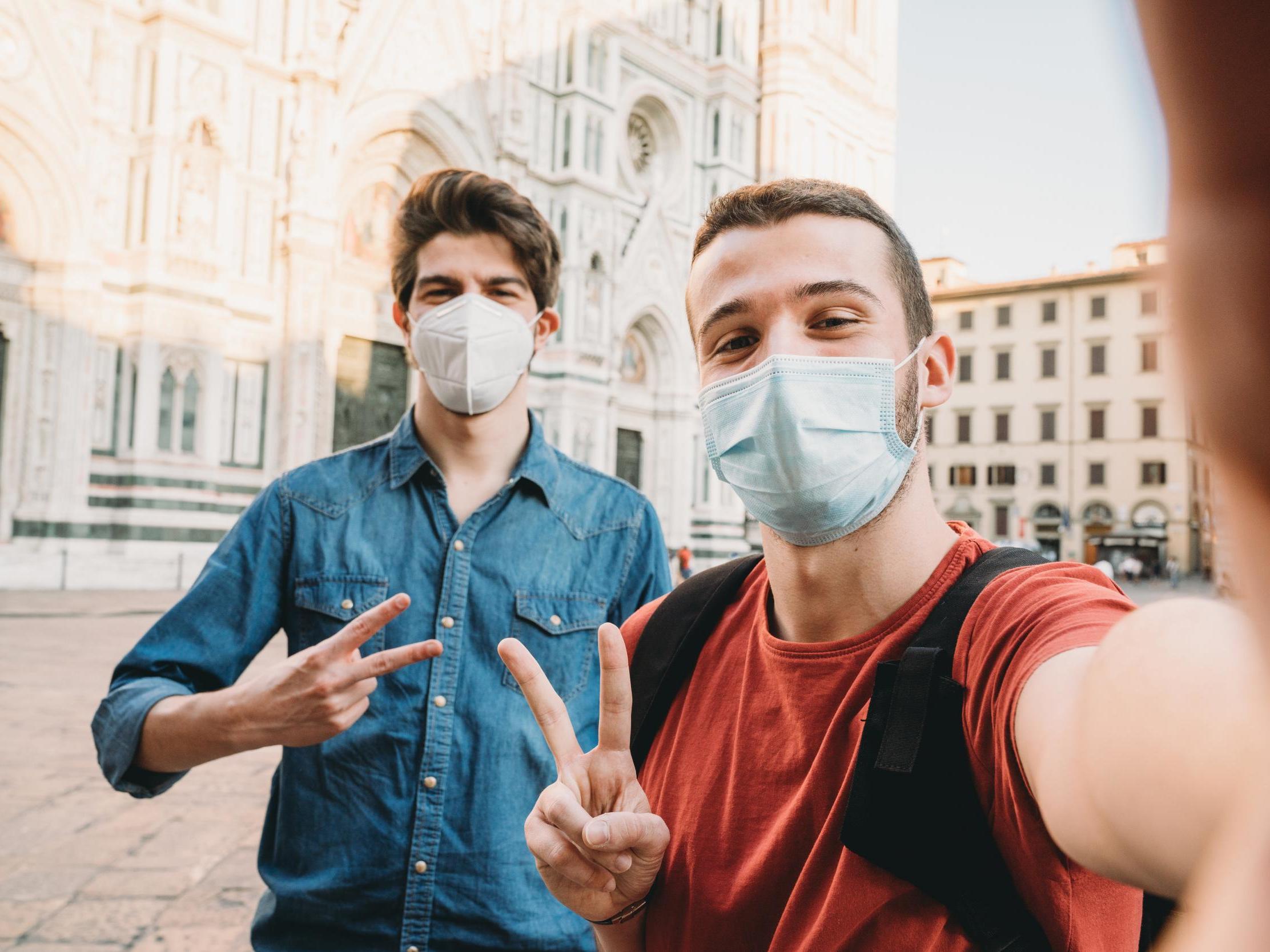
Your support helps us to tell the story
From reproductive rights to climate change to Big Tech, The Independent is on the ground when the story is developing. Whether it's investigating the financials of Elon Musk's pro-Trump PAC or producing our latest documentary, 'The A Word', which shines a light on the American women fighting for reproductive rights, we know how important it is to parse out the facts from the messaging.
At such a critical moment in US history, we need reporters on the ground. Your donation allows us to keep sending journalists to speak to both sides of the story.
The Independent is trusted by Americans across the entire political spectrum. And unlike many other quality news outlets, we choose not to lock Americans out of our reporting and analysis with paywalls. We believe quality journalism should be available to everyone, paid for by those who can afford it.
Your support makes all the difference.With lockdown restrictions lifted throughout the UK, and the resumption of international travel on 17 May, many British travellers are tentatively considering the prospect of foreign holidays. While this is invariably accompanied by more than a frisson of excitement, it’s also understandable to have concerns about safety before leaving home. Whether you’re jetting off to sunnier climes or looking forward to a staycation, we’ve rounded up the essential items to pack to help keep you and your loved ones safe.
Hand sanitiser
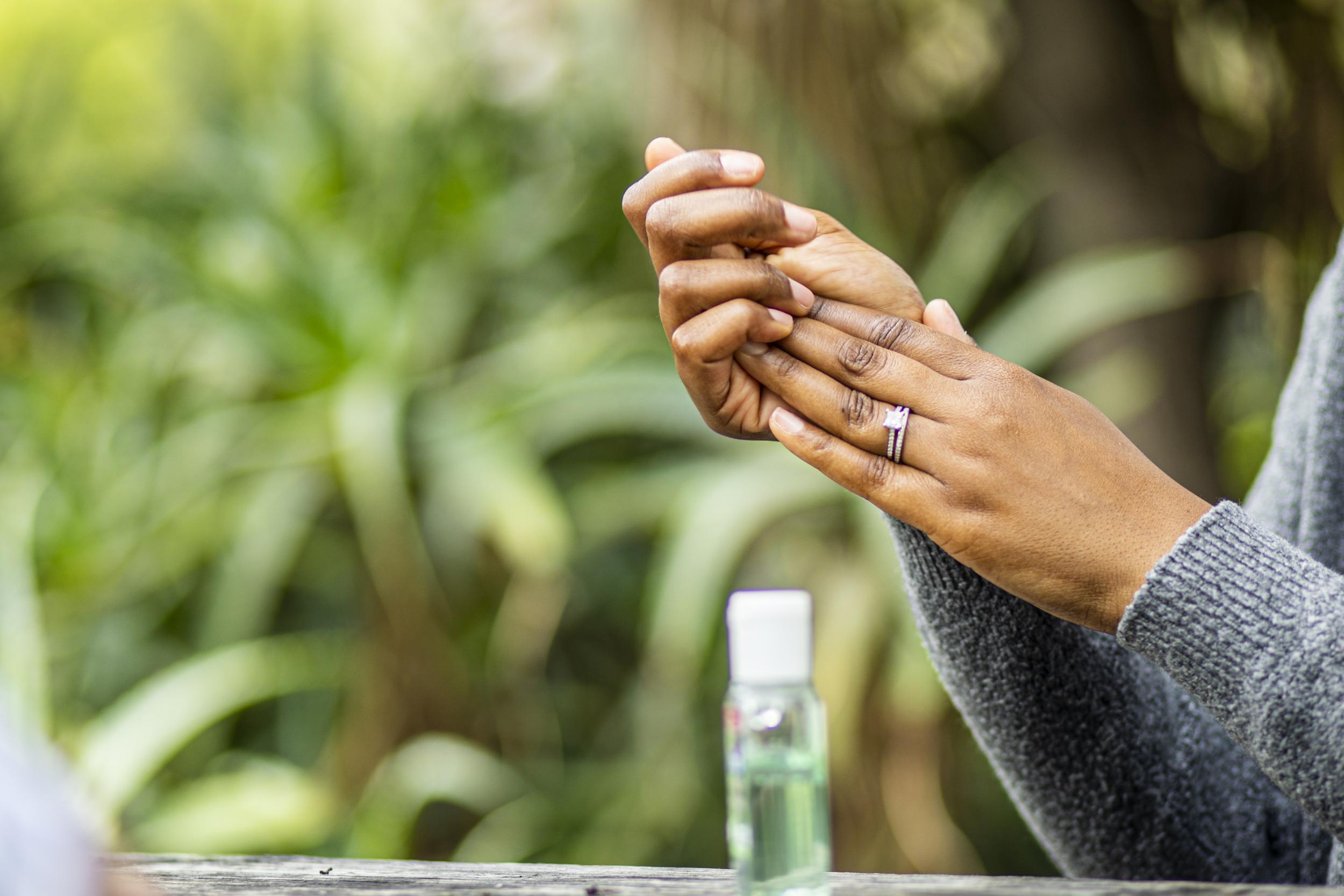
Hand sanitiser is now the accessory de rigueur for anyone concerned about their health and the wellbeing of those around them. While thorough hand washing with soap is the most effective way to neutralise germs, this isn’t always an option when travelling. How frequently you sanitise your hands is up to you, but after using the toilet and before eating or preparing food is the bare minimum. Make sure your sanitiser contains at least 60 per cent alcohol, the minimum required to be effective against viruses.
Antibacterial wipes
In the age of Covid-19, cleanliness is king, making antiseptic wipes an integral part of your travelling arsenal. It’s worth noting that many products marketed as antibacterial won’t work against the coronavirus. Look out for products containing at least 70 per cent alcohol and check the wording to see if they work against viruses, not just bacteria. Use them on high traffic areas, such as door handles, light switches, toilet and tap handles, appliance handles, such as fridge doors and kettle handles, TV remotes and bathroom and kitchen surfaces. Disposable wipes of all stripes have long been an environmental menace, however, so when you’re not on the move, remember that soapy water and bleach or alcohol cleaners are a good alternative.
Travel insurance
Even before the Covid-19 pandemic hit, comprehensive travel insurance is probably the most important item for any traveller after their passport and bank cards. Many insurance companies won’t cover coronavirus-related claims, however, and the ones that do may be more expensive and restrictive than you're used to.
Of the policies that do cover Covid-19-related claims, some may cover emergency medical expenses and repatriation should you contract the virus whilst abroad, but won’t cover coronavirus-related cancellations or disruptions.
It’s also worth remembering that British travellers can apply for a free UK Global Health Insurance Card (GHIC), which lets you get state healthcare in Europe at a reduced cost or sometimes for free. Find out more here.
Face masks
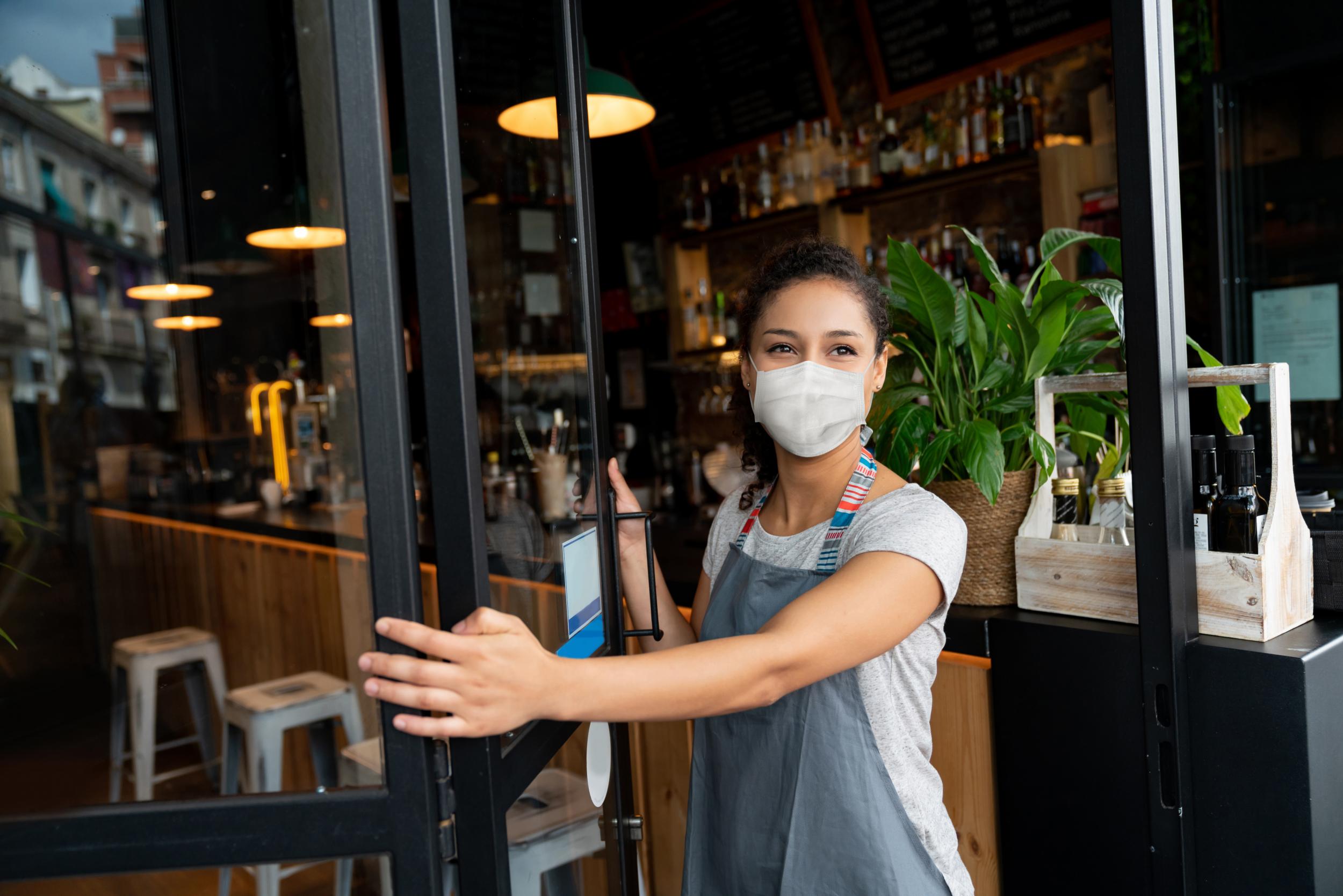
Face masks remain mandatory on flights and in many countries around the world, so don’t make the mistake of dismissing them as an optional extra. In some countries, authorities are imposing fines for those failing to comply, so make sure you check the Foreign, Commonwealth and Development Office (FCDO) guidance for your destination before travelling.
Bank cards, not cash
In the UK, many shops, bars and restaurants are only accepting contactless card payments in an effort to minimise contact between people. If you’re someone that prefers to use cash while away, it’s worth considering taking a debit or credit card for purchases, rather than just relying on currency.
Basic first aid kit
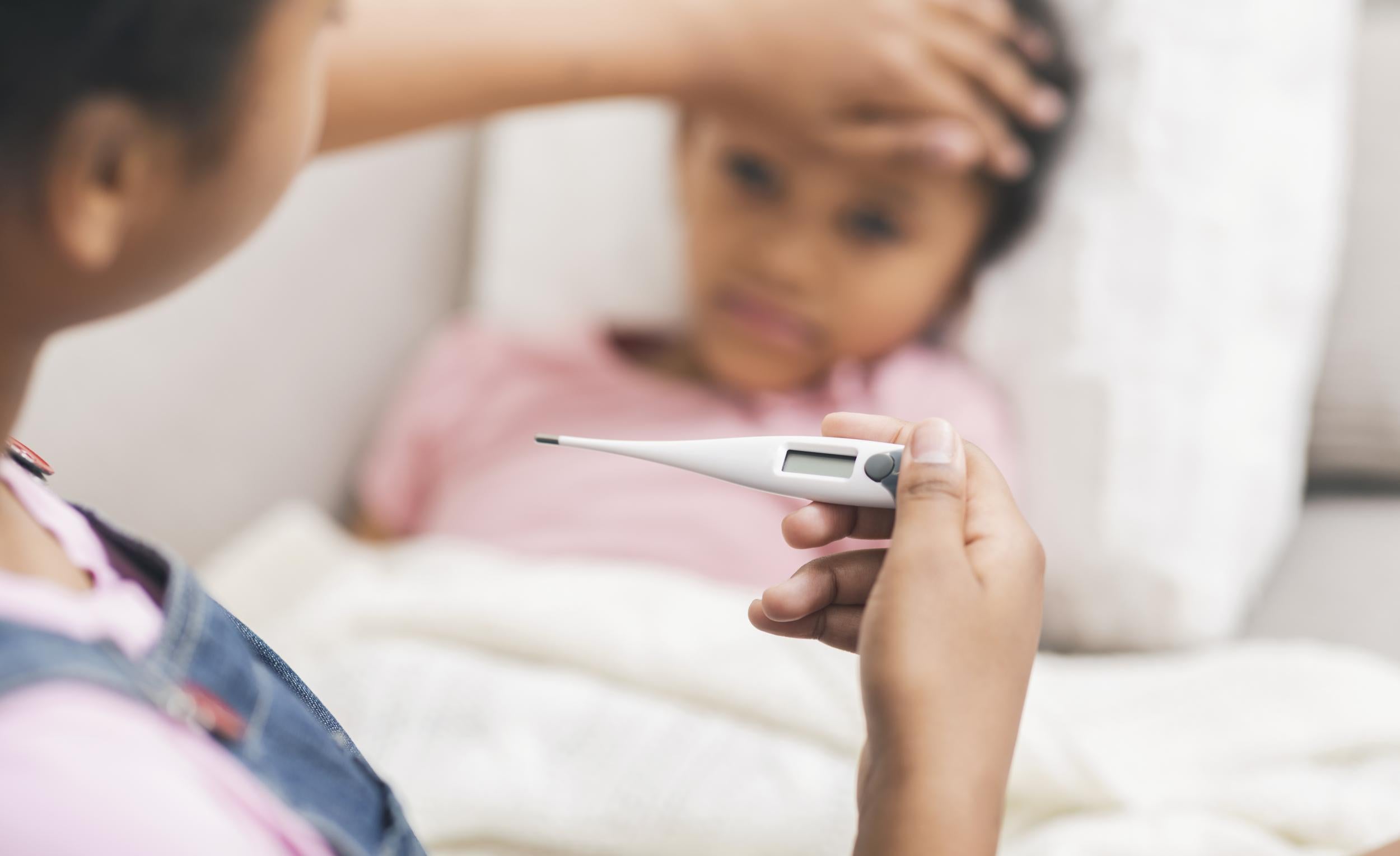
While a basic first aid kit composed of plasters, rehydration sachets, antiseptic cream and painkillers is always a good idea when venturing far from home, a thermometer makes a welcome addition at this point in time. If you’re worried you’re developing virus symptoms, a digital thermometer offers the most accuracy and can indicate whether you need to seek medical attention or should self-isolate.
Food
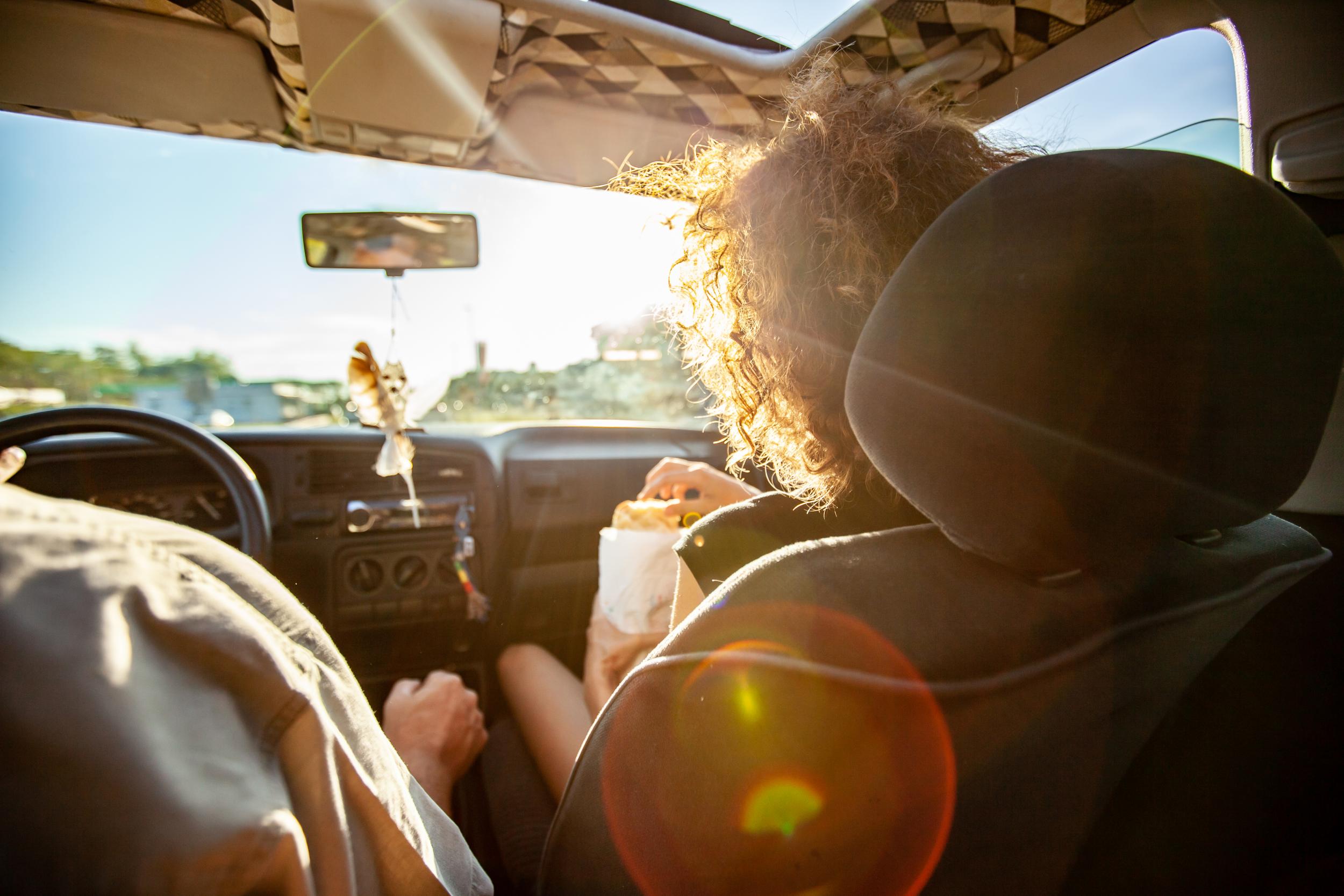
Whether you’re travelling by air, road or bus, remember that food outlets in many transport hubs and onboard services may only offer a limited service. Rather than getting caught out at 30,000 feet, pack some snacks to ensure your grumbling stomach doesn’t disturb your neighbours, especially if you’re travelling with children.
A new pen
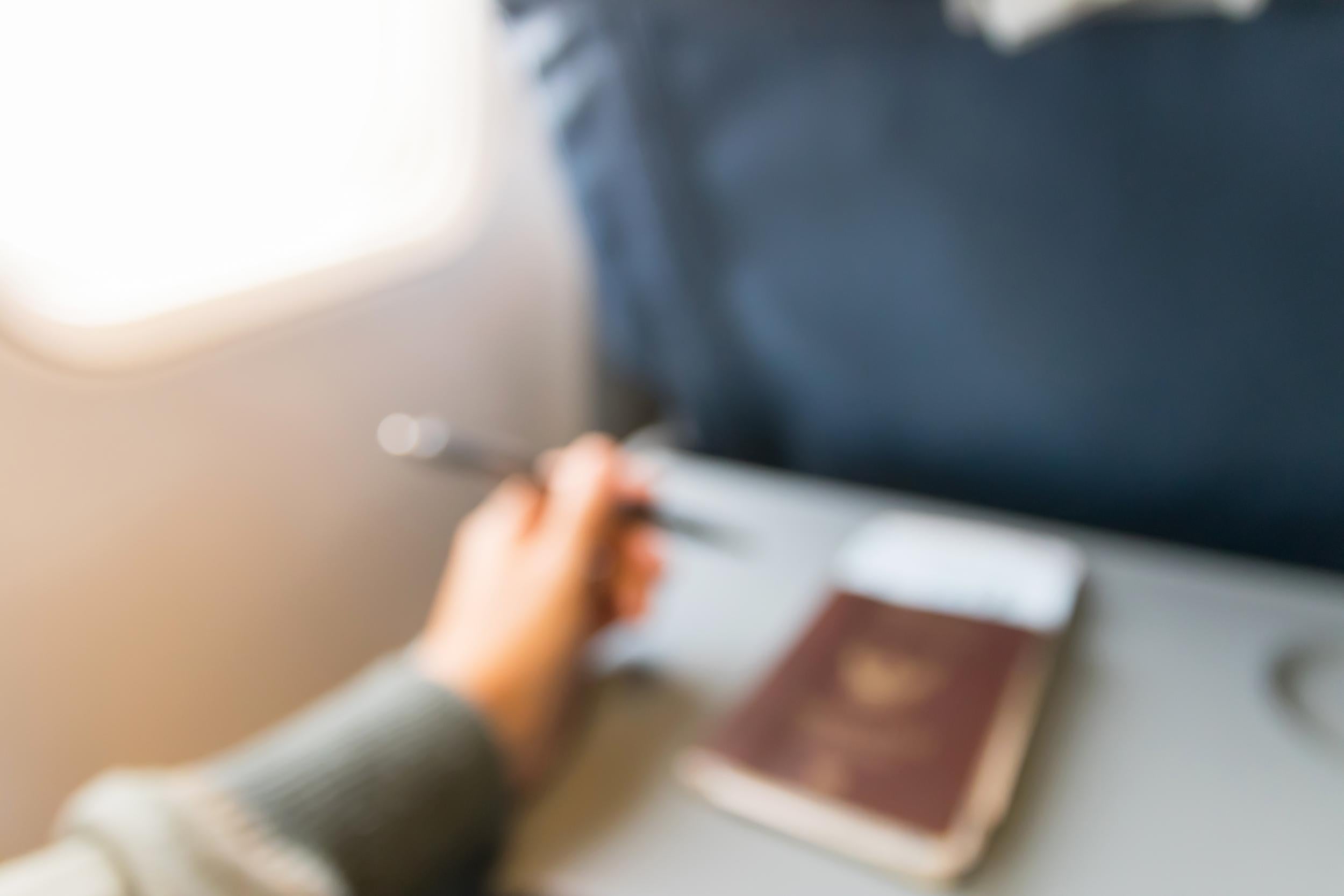
Pens are a veritable breeding ground for germs, passed as they are from person to person. With this in mind, it’s worth bringing your own pen along to restrict the unnecessary transfer of bugs. You’ll thank us for it when completing your guest registration form or landing card.

Join our commenting forum
Join thought-provoking conversations, follow other Independent readers and see their replies
Comments